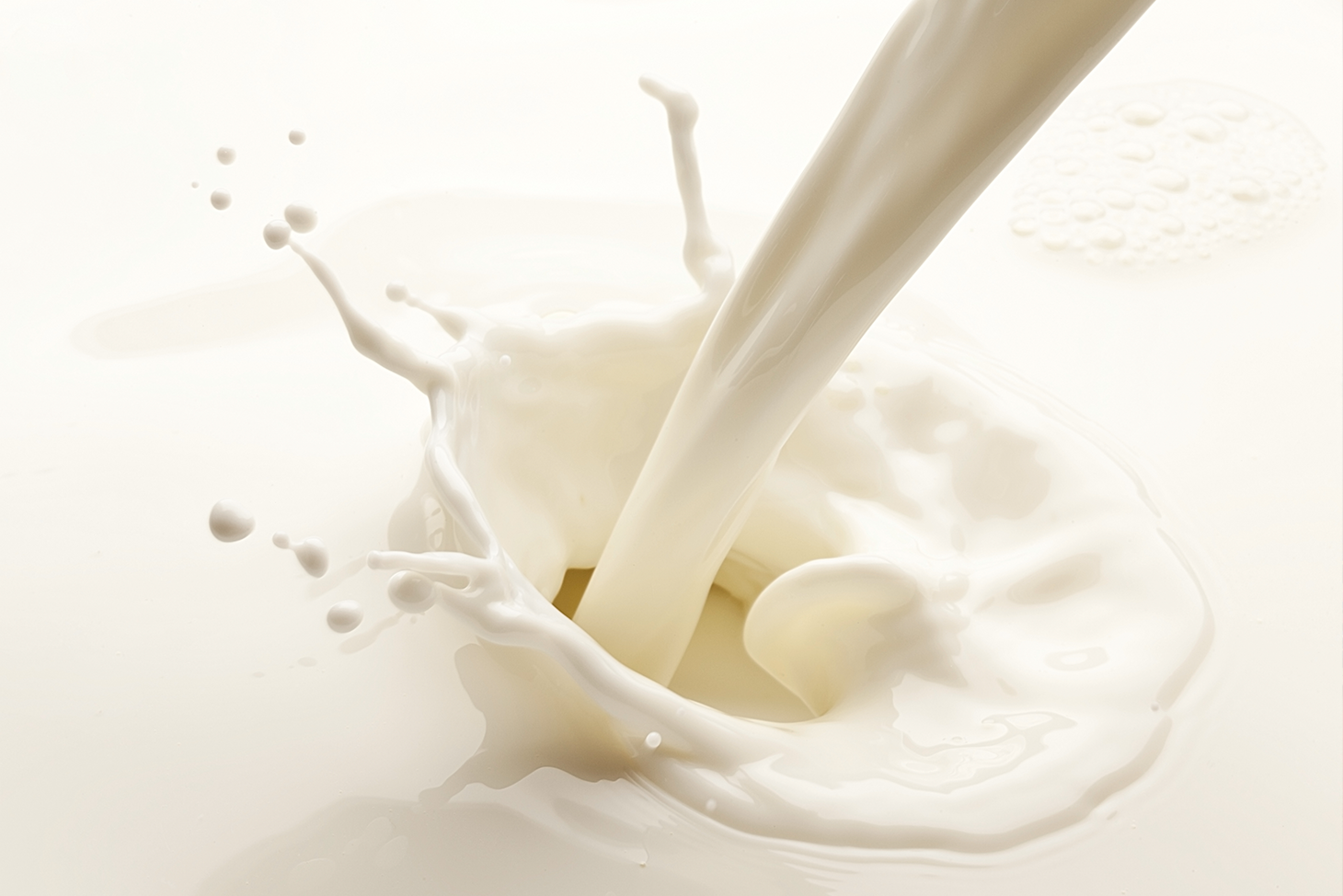- Taste of Good
- Our products
- Discover our Feta
- Our heritage
- Our recipes
- Wellbeing
- What’s new
- About us
- Farmers Portal
- International Websites
- Contact Us
- Baked Cheese Thins
THE EXPERIENCE
THE IMPORTANCE OF DAIRY PRODUCTS FOR CHILDREN’S GROWTH
In cooperation with Valasia Tokmakidou, Clinical Nutritionist-Dietician, BSc, Scientific Director of the Dietetic Support & Metabolic Control Centre LOGO DIATROFIS Thessaloniki, Founding Member of the Hellenic Nutritionists Society, www.logodiatrofis.gr, www.activekids.gr, www.care24.gr.
Dairy products’ consumption is of great importance for children's growth, since they contain a variety of essential nutrients, including vitamins (such as vitamin A, D and B-complex vitamins) and minerals, such as calcium and phosphorus (which are necessary for skeletal growth), as well as potassium.
Dietary patterns adopted all around the world incorporate the consumption of dairy products on a daily basis. This applies not only to adults but also to children and adolescents, since dairy products are rich in high biological value proteins and constitute the most important dietary source of calcium. Calcium is a nutrient that helps strengthen and maintain healthy bones and teeth throughout lifespan. It is involved in skeletal growth and protects from fractures due to osteoporosis, a disease characterized by fragile bones in adults. Milk and yogurt are the richest sources of calcium and provide about 55% of a child’s daily calcium needs. Thus, parents need to ensure that these foods are included in their children’s daily diet.

The recommended calcium intake varies depending on the age of the child. For instance, calcium requirements for infants are estimated around 800 mg per day, while those for children up to 11 years old reach up to 1200 mg per day.
The aforementioned calcium requirement can be met by:
- 4 cups of milk (full fat or skimmed).
- 2 cups of milk + 100 grams of feta cheese or 80 grams of graviera cheese (yellow cheese is richer in calcium compared to white cheese).
- 1 cup of milk + 1 cup of yogurt + a small piece of cheese.
Children aged 1-2 years old should drink full-fat milk, since some lipids present in full-fat milk are necessary for their growth. In children aged 2-5 years old parents can gradually replace full-fat with low-fat milk.
Many children suffer from lactose intolerance, a condition in which the digestion of milk (which contains lactose) is accompanied by abdominal pain and diarrhea. However, they do not face similar symptoms when consuming yogurt or cheese, since these foods do not contain significant amounts of lactose. Therefore, yogurt and cheese can replace milk in the diet of children suffering from lactose intolerance and provide an excellent substitute source of calcium and other essential nutrients.
Βιβλιογραφία:
1.Heyman MB. Lactose Intolerance in Infants, Children, and Adolescents. Pediatrics (2006);118:3;1279 -1286.
2.Huncharek M, Muscat J, Kupelnick B. Impact of dairy products and dietary calcium on bone-mineral content in children: Results of a meta-analysis. Bone (2008);43:2:312–321.